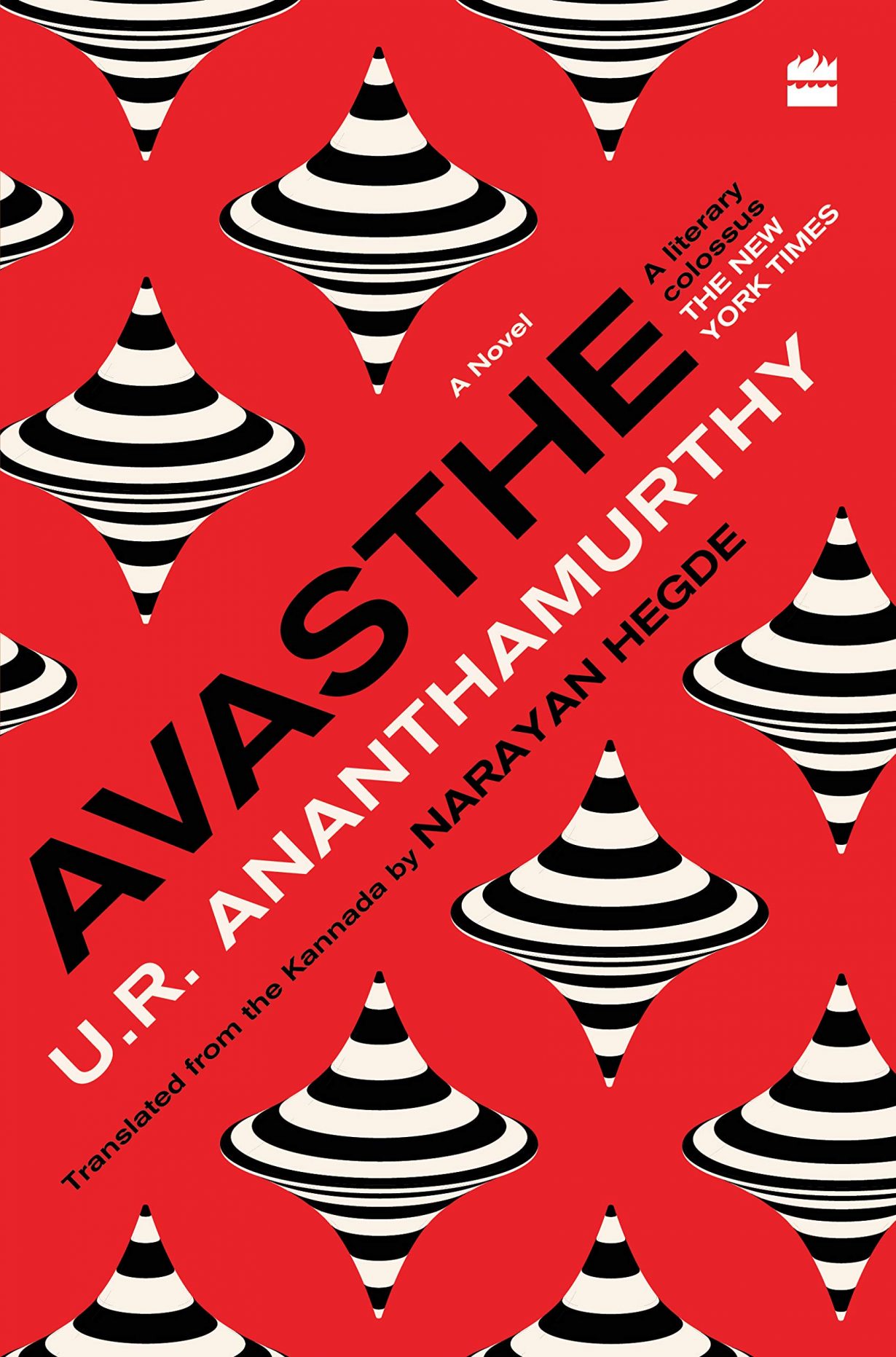This political tale, first published in 1978, explores the role of the individual in public thought

The prime minister must be stopped. Human rights are eroded and corruption is systemic. Democracy is turning to dictatorship. Urgent manoeuvring by businessmen with vested interests and party workers with ideological and political ambitions seeks to block the PM’s party from gaining further footholds. Meanwhile, an ideologue, not yet fifty years old and bedridden following a stroke, looks back on his life and choices…
This political tale, told in the late U. R. Ananthamurthy’s novel Avasthe (a word that refers, variously, to the state of being, the order of life as the body ages and the effect of time), was first published in Kannada in 1978, just after the Emergency, Indian PM Indira Gandhi’s 21-month suspension of civil liberties and freedom of the press, had ended. The first English translation comes at a time when constitutional rights and freedoms in India are being chipped away by a rightwing government. Ananthamurthy (1932– 2014) is widely recognised as one of the greatest of twentieth-century Kannada writers. Novelist, poet, and essayist, he was one of the most vocal critics of religious fundamentalism and upper-caste Hindu hegemony in Indian politics. Both his cult-classic novel Samskara (1965) and Avasthe criticise societal evils like caste, poverty and ill treatment of women without simplifying the complexity of the issue with easy resolutions.
Krishnappa Gowda, Avasthe’s newly paralysed protagonist, is dependent on the care of a wife he scorns, a rich well-wisher and some hangers-on. Once a revolutionary leader of peasants in Karnataka, he now awaits an undignified death. He spends his time dictating stories from his past to an impressionable and idealistic young party member as a means of making sense of his present immobility, reminiscing about his youth and wondering if he has stayed true to his beliefs. These memories are broadly based on the life, and early death, of Shantaveri Gopala Gowda, a pioneering socialist leader in Karnataka. Gowda is best remembered for organising the Kagodu Satyagraha, a 1951 peasant revolt seeking land reforms that drew the attention of national socialist leaders, including Ram Manohar Lohia, whose brand of socialism influenced both Gowda and Ananthamurthy extensively.
Krishnappa Gowda’s thoughts take the reader through his life, from a childhood spent in his village tending cattle and swimming with friends, to a period of short-tempered rebellion in college, where the politics he will practise for the rest of his life starts to take form. He falls into something like love with a fellow student named Gowri, desiring her and hating himself for the sense of dependency he feels towards her. People pass in and out of his memories: benefactors, a saint who has forsaken society, a revolutionary whose death in police custody leads to Gowda’s own ill treatment, lovers and people who benefit from his power. We hear how the revolt against the village landlords propelled him into national politics. Though he always believed revolution to be the only way to reverse the country’s deterioration, his daily existence reflected the mundane realities of a life in politics – budgets, public projects, bribery, favours, promotions, transfers, etc. Even as people pressured him to do something for them, for the party, to become the chief minister and so on, they wanted his idealised image as a revolutionary leader to remain intact. ‘We want you to remain a great man – untouched by the politics around you,’ he is told. Looking back, he is haunted by the question of whether he has kept his integrity, whether his accepting a more comfortable home to recuperate in, a car, even his hope that becoming the CM might rejuvenate his wasting body, are precisely the corruptions he has fought all his life.
Avasthe’s highly nuanced portrayal of a political man’s self-examination explores the role of the individual in public thought and how to live with a political consciousness while retaining the ability to love. As with all of Ananthamurthy’s works, there are no simple answers. The translation arrives at about the right time too, for perhaps a wider readership of Avasthe will broaden the meaning of patriot in this fractured country today, while keeping integrity, humanity and love for each other’s diversity intact.